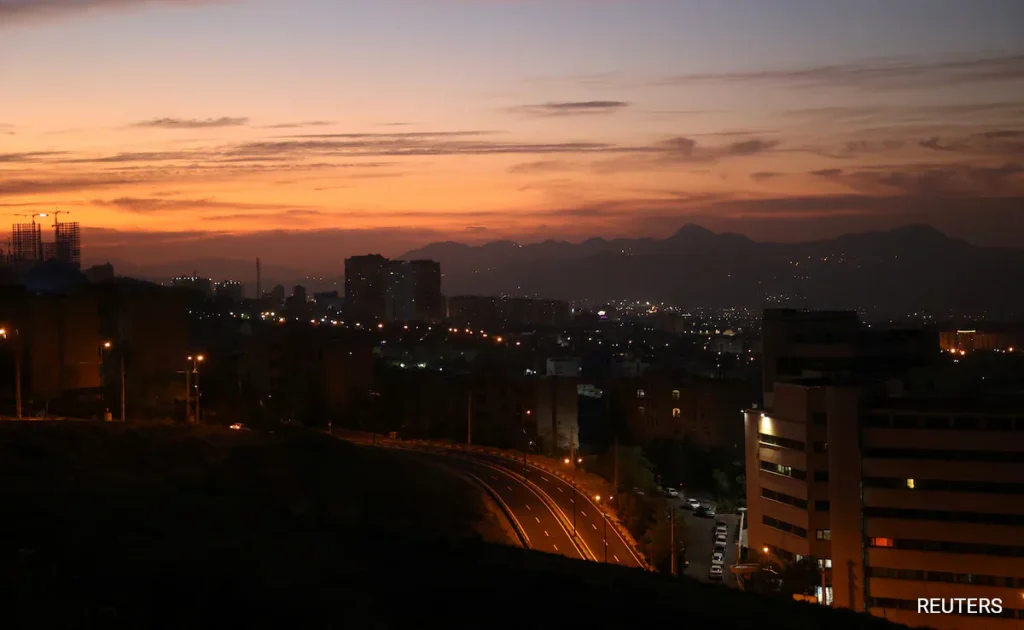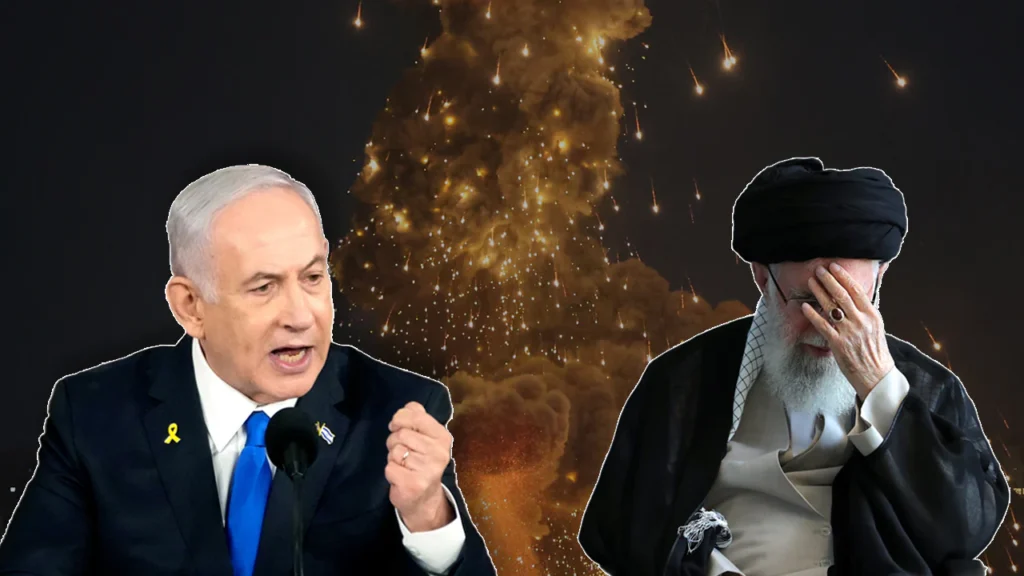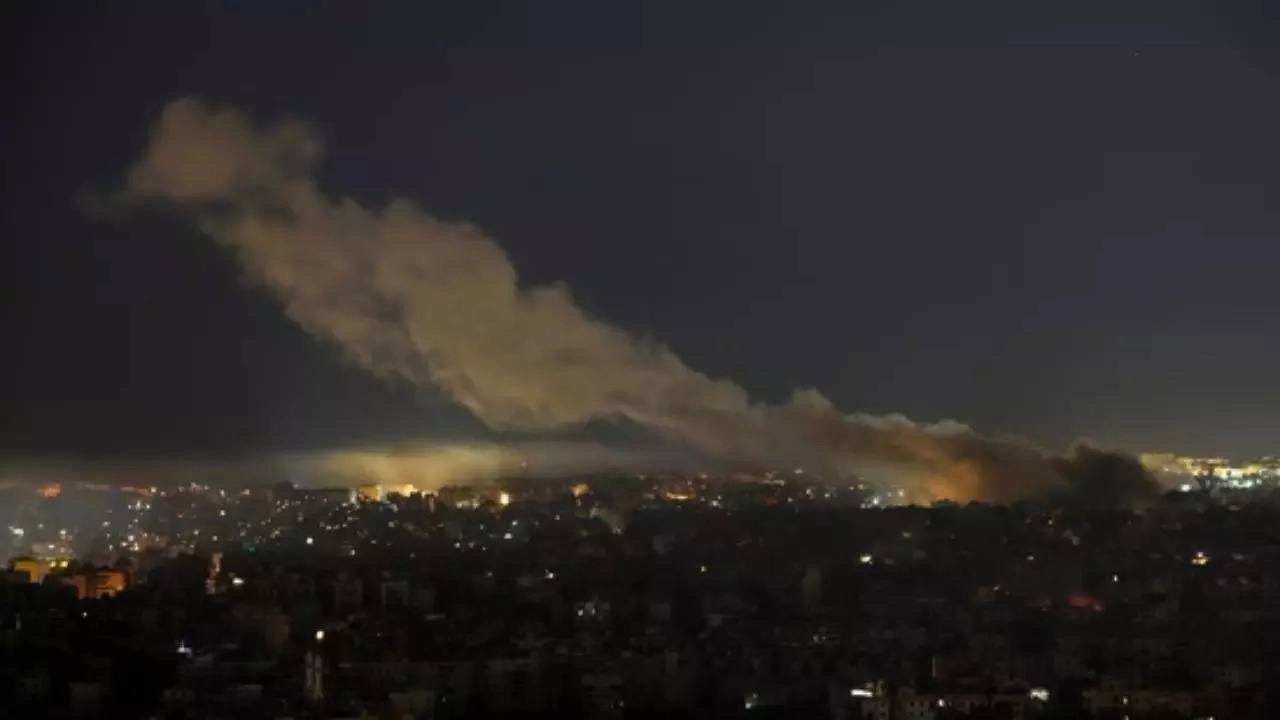Key Highlights:
The Middle East conflict is growing by day, and now Israel has given a warning to Iran. The Israeli military indicated that the places they left unscathed will be attacked if Iran retaliates over the recent attacks on Israel. This is said in increased hostilities involving Iranian-aligned forces, including Hezbollah and Hamas, which are active along Israel’s borders in Lebanon and Gaza, respectively.
The Background: Escalating Tensions Between Israel and Iran
The latest escalation comes after a series of hostile engagements in the region. Recently, Israel launched airstrikes on strategic Iranian military assets and sites aiming to dismantle infrastructure linked with missile production and support to Hezbollah and Hamas forces. In response, Iranian officials warned of a “stronger response,” suggesting retaliation could encompass key areas of Israel’s economic and military significance. This retaliatory tone has unsettled the Gulf states mainly regarding attacks that might be mounted on their oil facilities.

Israel Military Strategy and Warnings
The head of Israel’s military has boldly stated that the IDF may begin targeting Iranian assets that, until now, have been “spared” in past offensives. Such a shift in strategy may point to an increase in Israel’s level of aggression against Iranian forces and their proxies. The Israeli air force has previously only targeted critical installations to avoid broader fallout but now seems ready to expand its targets if provoked further.

The complexity is further heightened by the injection of Hezbollah, a militant group based in Lebanon that draws power from Iran. Hezbollah has been very active launching rockets into northern Israel, killing many and destroying infrastructures. Recently, it announced Naim Qassem as its new leader following the death of Hassan Nasrallah. This would be a signal that Hezbollah would increase its support to the Iran position against Israel, hence destabilizing this region and raising Israeli security concerns further along the northern borders.
Regional Concerns and the Danger of Expanded Conflict
The ripple effects of these warnings stretch beyond Israel and Iran. Gulf states grow increasingly nervous about their own vulnerabilities, particularly concerning vital oil facilities that could become collateral in the conflict. Iran’s warnings have suggested that any future conflict might target not just Israel but some of its allies, which could draw the United States and other nations into a more comprehensive regional conflict.
Recently, the humanitarian implications of Israeli attacks attracted international attention from the UN, which criticized the events. Israel has also brought tension to itself by making laws to prevent itself from engaging with UNRWA further. The detractors believe that there could be fatal consequences for civilians in Palestine who survive based on such humanitarian aids.
International Relations Implications
As Iran advances its position, and now with threats to send proxy forces from Lebanon, both have put their diplomatic relations within Israel and Iran in precarious positions and their allies significantly at risk. With America and other European allies saying that such a military involvement with Iran might be premature before the people of Iran show signs of resistance to Israel’s right to existence on their very own borders. The rest of the geopolitical and economic implications will force everything from the oil market in the hands of Middle East conflict participants to diplomatic equilibrium through the globe.
Conclusion
The new threat issued by Israel to Iran indicates a change in the stand, and it is going to be more aggressive to match the power play of influence from Iran through proxy forces. The geopolitics in the region remains on high alert with each step being put under international watch to prevent more violence. The events in motion are likely to try alliances and diplomatic relations between Israel, Iran, and other countries as they assess their choices in this fast-growing complex and volatile scenario.
This article outlines the raised tensions of a larger-scale war as the strong caution words between Israel and Iran present a pressing need for the engagement of diplomacy in the Middle East.
For Latest News Updates Click Here
